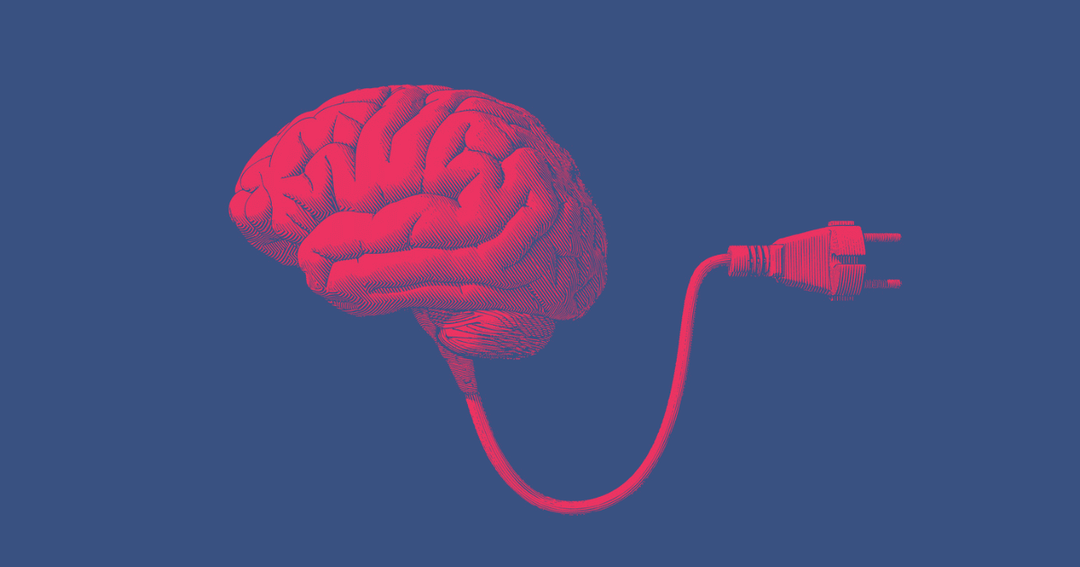Want a Healthier Heart? The AHA Says Add Sleep to Your Daily Habits

When it comes to heart health, most of us focus on diet and exercise. But in a significant move, the American Heart Association (AHA) has updated its heart health checklist—changing "Life’s Simple 7" to "Life’s Essential 8" by adding sleep to the list. This change sends a clear message: good sleep isn't just nice to have; it's essential for a healthier heart.
This update couldn't come at a better time. Heart disease remains the leading cause of death among Americans, and nearly half of U.S. adults have some form of heart-related condition. By emphasizing sleep, the AHA highlights how quality rest can help protect and strengthen your heart.
So, why did the AHA add sleep to its heart health essentials, and how does it help keep our hearts strong?
Why Did the AHA Add Sleep to Its Heart Health Essentials?
In 2022, the American Heart Association added sleep to its heart health checklist after reviewing more than 2,500 scientific studies on the topic. These studies showed a strong link between sleep and heart health.
Here's why sleep is now considered just as important as diet and exercise:
The Connection Between Sleep and Heart Health:
Research has found that poor sleep can raise levels of cortisol, a stress hormone that increases blood pressure and heart rate.
Over time, this puts extra strain on your heart. Lack of sleep also causes inflammation and affects how well your body manages blood pressure and blood sugar, both critical factors for a healthy heart.
One study found that people who get less than seven hours of sleep per night are at a higher risk of developing heart disease. Another study showed that individuals with irregular sleep patterns were nearly twice as likely to experience cardiovascular issues within five years.
By adding sleep to its heart health essentials, the AHA acknowledges the strong scientific evidence that good sleep is vital for heart health.
How Much Sleep Do You Need?
The AHA recommends that adults aim for 7–9 hours of sleep each night. Regularly getting less than this amount increases the risk of heart problems. Surprisingly, getting too much sleep—more than 9 hours—can also affect heart health. Both the amount and quality of sleep matter when it comes to protecting your heart.
Sleep Influences Daily Habits
Sleep affects nearly everything we do, from the food choices we make to how active we feel. When we don't sleep well, it's harder to resist cravings for unhealthy foods, our motivation to exercise drops, and managing weight becomes more difficult—all of which can impact heart health.
By recognizing sleep as essential, the AHA highlights how foundational it is for supporting other heart-healthy habits.
Key Facts About Sleep and Heart Health
The numbers tell the story of sleep's role in heart health:
- More than 80% of heart disease can be prevented with healthy lifestyle choices, including good sleep.
- People with irregular sleep schedules are nearly twice as likely to develop heart disease within five years.
- Only 1 in 5 adults meet all 8 of the AHA's heart health recommendations, with sleep being one area where many struggle.
Why a Regular Sleep Schedule Matters
Consistency counts when it comes to sleep. Even a 60-minute difference in your sleep schedule can affect your heart over time. Regular sleep patterns help your body maintain steady blood pressure and heart rate, which are both key for a healthy heart.
The AHA's decision to include sleep in its Essential 8 checklist is a clear sign that quality rest is vital for a strong, healthy heart. Making sleep a priority can protect your heart and support a healthier life overall.
How Sleep Supports the Other 7 Heart-Healthy Habits
Sleep is closely connected to each of the American Heart Association's other heart-health essentials. Here's how good sleep helps keep these important habits on track:
- Eating Better: Quality sleep helps control hunger hormones, making it easier to choose healthier foods. Without enough sleep, we're more likely to crave sugary or fatty foods, which can stress the heart.
- Being More Active: Sleep gives us the energy to stay active and supports muscle recovery after exercise. Feeling rested makes it easier to stick with an activity routine.
- Managing Weight: Sleep affects metabolism. Poor sleep can disrupt it, leading to weight gain, a known risk factor for heart disease. Good sleep helps keep weight steady by balancing energy levels and reducing cravings.
- Controlling Cholesterol: Consistent, restful sleep reduces inflammation, which helps keep cholesterol levels in check and prevents buildup in the arteries.
- Managing Blood Sugar: Sleep is essential for balancing blood sugar levels. When we're well-rested, blood sugar stays more stable, lowering the risk of diabetes, a condition linked to heart health.
- Managing Blood Pressure: During deep sleep, blood pressure naturally dips, allowing the heart to rest. Without enough sleep, blood pressure can stay high, putting strain on the heart.
- Avoiding Tobacco: Quality sleep reduces stress, which can help those trying to quit smoking. Good sleep supports mental clarity and makes it easier to stick with healthy choices.
In short, sleep doesn't just benefit the heart directly, it also strengthens our ability to stay consistent with other heart-healthy habits, making it an essential part of a healthy lifestyle.
Struggling with Sleep? Here's How to Improve It
If you're finding it hard to get the quality sleep your heart needs, you're not alone. Busy schedules, stress, screen time, and even diet can all interfere with sleep. The good news is that small changes can make a big difference. Try setting a consistent bedtime, limiting screens before bed, and creating a calming nighttime routine to help your body wind down.
For those seeking a natural sleep aid without the dependency risks associated with some over-the-counter products, Sip2Sleep® is an ideal choice. Made with Montmorency tart cherry extract and rafuma leaf, Sip2Sleep® offers a gentle melatonin alternative that promotes relaxation and supports quality sleep.
Add Sip2Sleep® to your evening routine to help you unwind naturally and get the rest your heart needs.







